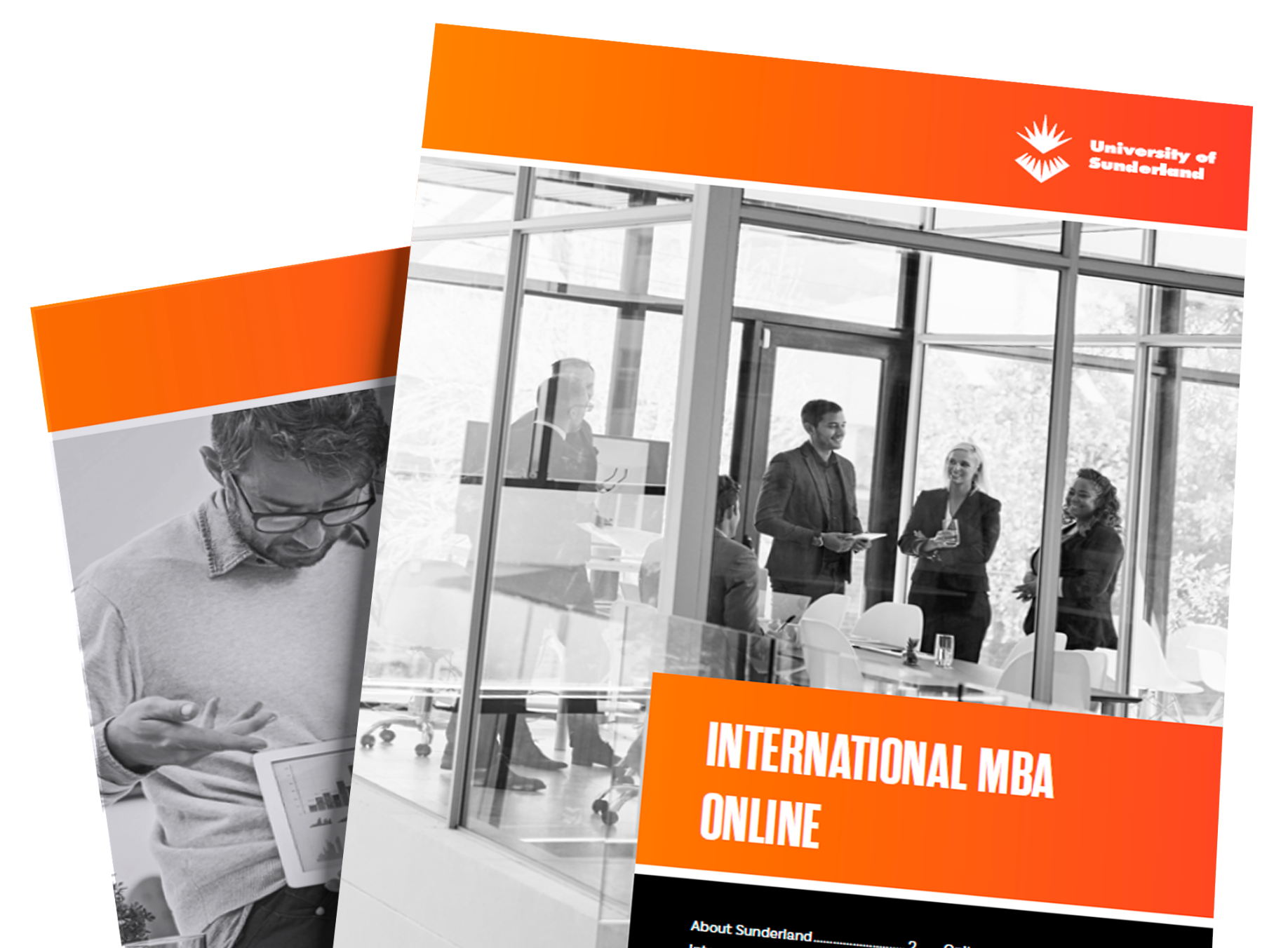A flexible online masters paving the way for your career in sustainable engineering
The MSc Engineering with Sustainability course is designed for professionals seeking to advance their expertise in engineering while integrating sustainable practices into their work. It helps you build the skills central to leadership of sustainable engineering projects, manage resources responsibly, and drive positive environmental and societal impact across industries.
You will explore key topics such as engineering principles, engineering impact, and human-centred engineering, with practical applications in sustainable engineering practices, project management, and strategic business integration. The course emphasises developing technical skills while fostering an in-depth understanding of sustainability within engineering contexts, enabling you to create innovative, eco-friendly solutions.
As a student you will experience transformative learning, preparing you for leadership roles in sustainability and engineering management, while cultivating critical thinking and a comprehensive understanding of how sustainable engineering practices can shape a greener, more responsible future.








